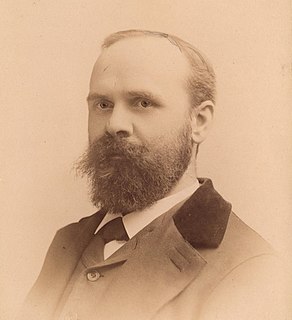Quotes
Narrow greed vs. egoist greed
Narrow greed
Narrow greed is a holdover from times of natural scarcity. Its desires are represented to itself in the form of commodities, power, sex(-objects), and even more abstractly, as money and as images. We are told in a thousand ways that only these few things are worth having - by rulers who work to insure that these are the only things available (to be bought). The survival of the narrow greed in a world of potential plenty is propagated in the form of ideology by those very people who control access to these things. Ultimately, in our daily lives, we suffer the humiliation of being forced accomplices in the maintenance of this "scarcity," this poverty of choices.
— Introduction (6). [2]
Narrow egoism, the ideology of self-gratification and self-realization, and the practice of exclusive self-gratification and self-realization becomes, at a certain stage in its development, a fetter upon self-realization and a fetter upon self-gratification. It becomes the main limit and obstacle to its own goals. It becomes a barrier to itself.
— Chapter III (59) [2]
Egoist greed
We conceive the realized social individual, "communist man," as having for his property - that is, for the object of his appropriation - his whole society, the totality of his social life. All of society is wealth for him. His intercourse with his society - i.e., his living relations with the rest of the social individuals and their objectification - is in its totality the appropriation of social life. Productive activity becomes a form of individual consumption just as consumption itself is a form of (self) production.
— Introduction (11) [2]
The actual negation of narrow egoism is a matter of transcendance ("aufhebung" n3), of the transition from a narrow to a qualitatively expanded form of egoism. The original self-expansion of egoism was identically the demise of the primitive community. But its further self-expansion will resolve itself into a community once again. It is only when greed itself at last (or rather, once again) beckons in the direction of community that that direction will be taken.
— Introduction (3) [2]
[I]n the society of realized wealth, your strength is my strength, the inner wealth of your being is my wealth, my property, and every one of your human powers is a multiplication of my own. Thus, the contradiction between my consumption and yours, between my appropriation, my property, and yours; the conflict between my well-being and yours becomes its opposite: synthesis; identity; inter-reinforcement; interamplification; resonance...Ultimately, wealth is nothing but society itself.
— Introduction (11) [2]
Left altruism vs. egoism
Altruism is the other side of the coin of "hell-is-other people"; only this time mystification appears under a positive sign. Let's put an end to this old soldier crap once and for all! For others to interest me I must find in myself the energy for such an interest. What binds me to others must grow out of what binds me to the most exuberant and demanding part of my will (volonte) to live; not the other way around.
— Chapter II (24) [2]
The leftist, trapped in the permanent false choice between following his own immediate desires and sacrificing for his ideals, despises the "selfish" person who unhesitatingly chooses immediate, private satisfaction. The genuine communist also despises this latter type, but for the opposite reason: being restricted to immediate private satisfaction is not satisfying enough. To the communist, furthermore, for such "selfish" people to remain satisfied with their privatized, alienated lives is a direct barrier to the realization of the communist's own expanded self-interest. Somewhere in every rank and file leftist lurks a confused intuition that this is the real reason for his contempt: but this intuition is continually stifled by the leftist's own insistence on the "necessity" of sacrifice.
— Chapter II (39) [2]
Egoist communist society
Greed in its fullest sense is the only possible basis of communist society. The present forms of greed lose out, in the end, because they turn out to be not greedy enough.
— Introduction (1) [2]
Is it necessary once again to point out the self-absurdity of the one-sided abstractions "the individual" and "society," and of the ideologies founded on this one-sidedness - "individualism" (or "egoism") and so-called "socialism" (or "collectivism")?
We can be individuals only socially.
We can be social only individually.
Individuals constitute society.
Society constitutes individuals.
— Chapter II (27) [2]





